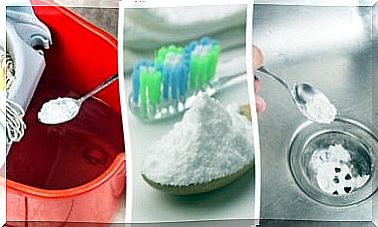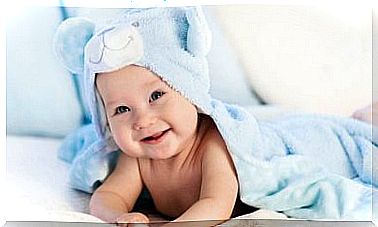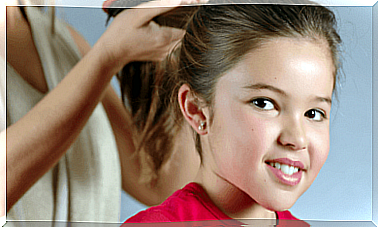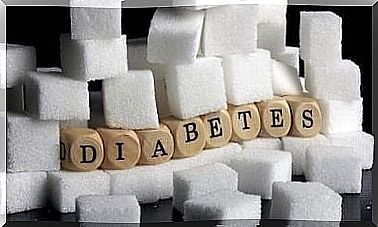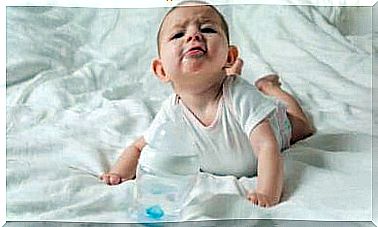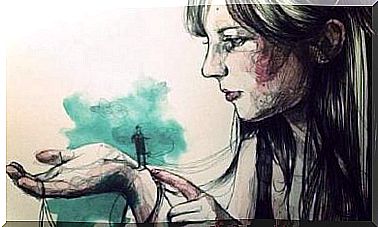Hyper-parenting Takes Away The Joy Of Children
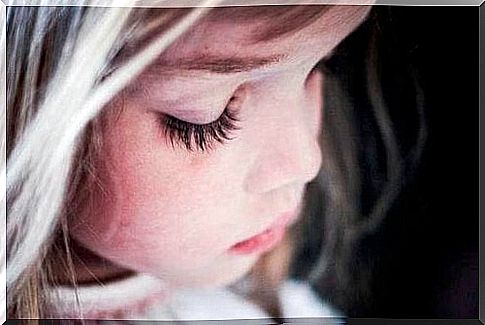
Hyper-parenting is a concept that refers to the excessive attention given to children. For some it is only a means to an end, for others it is an issue that calls into question the entire educational system of children.
Is it possible not to pay attention to how the youngest are brought up? Where is the border? Each child requires attention and constant care. Sometimes, however, it is important to be able to maintain balance in these activities. Is hyper-parenting a problem or care?
The truth is, there is a very fine line between showing children the path of personal development and falling into toxic emotions.
This is because parenting is not the same as exercising control, and education does not mean smothering, much less cutting, the wings of children. Soon they will become adults, able to make their own decisions and take responsibility for their lives.
There is much more to hyper-parenting, however.
Hyper-parenting and overprotection
The strangest thing about this type of behavior or approach to education is that parents are involved in every aspect of their children’s lives: sports, school, hobbies, food, friends …
The hyperparent thinks they are the best parent in the world and that they raise their children better than anyone else. However, the proper emotional and personal balance of their children may not be at all consistent with their happiness.
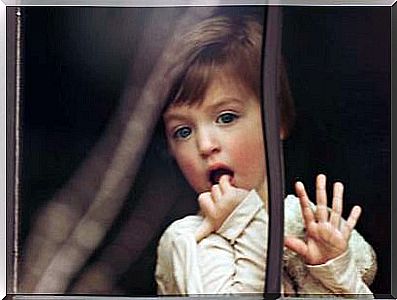
Consequences of hyper-parenting: disappointment
Parents may have a clear vision of what an ideal child should be and even consider themselves an ideal or role model. But over time, they will understand that their children will not always align with their ideals, which can cause disappointment.
- When a child sees disappointment in the eyes of their parents, they may have a sense of failure or inferiority.
Consequences of hyper-parenting: anxiety and stress
It must be taken into account that hyper-parenting goes hand in hand with “educational hyperactivity.” Often, such parents enroll their children in numerous extracurricular activities, even those that the children themselves are not interested in.
- Gradually, they begin to stress and experience anxiety similar to that of adults.
- Parents who practice hyper-parenting find it difficult to tolerate their children’s mistakes. They try with all their strength to raise responsible children, resistant to mistakes and failures – which is impossible to achieve.
Consequences of hyper-parenting: not being able to make mistakes
- Every child should experience failure in some area so that they can learn from their mistakes.
- Children raised by hyper-parents become their own judges. You set the bar for them so high that when they realize that they won’t be able to reach it, they become depressed and self-destructing.
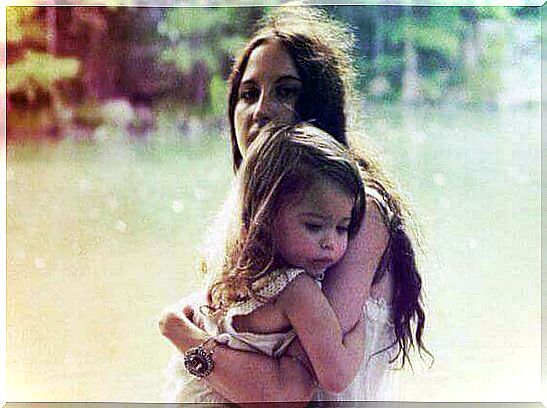
Parenting shaped by healthy relationships – encouraging responsibility
According to a study from Queen’s University in Ontario, Canada, one of the most serious consequences of hyper-parenting is that children between the ages of 7 and 12 hardly know what it’s like to play outside with friends. They are unhappy.
You certainly know that part of a child’s education is, above all, his protection, but it should be based on the following pillars.
Protect children to feel safe, not subordinate
- Building parenting through healthy relationships means giving your child recognition and helping them build high self-esteem.
- A child who feels safe and appreciated by his parents will have a higher self-esteem and will not be afraid to develop or take responsibility for himself.
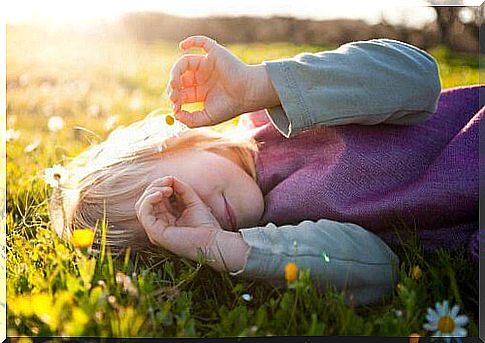
Keep your children safe by giving advice, but let them learn from their mistakes
Protect your children from suffering and show them the right path, but always encourage them to make their own decisions and allow them to make mistakes from which they can learn.
Protect children so they know they can count on you at all times
Closeness and the strength of a bond are invaluable, especially in the early years of a child’s life. By the time she turns seven or eight, however, she suddenly begins to grow up quickly.
- It is then that children begin to claim their own rights and learn to grasp the concepts of justice and morality. During this chaotic period before puberty, they will start making decisions that may surprise you.
- Always listen to them and teach each day that they must be responsible to achieve freedom, and that there are obligations to fulfill in order to enjoy certain privileges.
You need to encourage your children to learn from their own experiences, not through hyper-parenting. It is worth remembering this.

